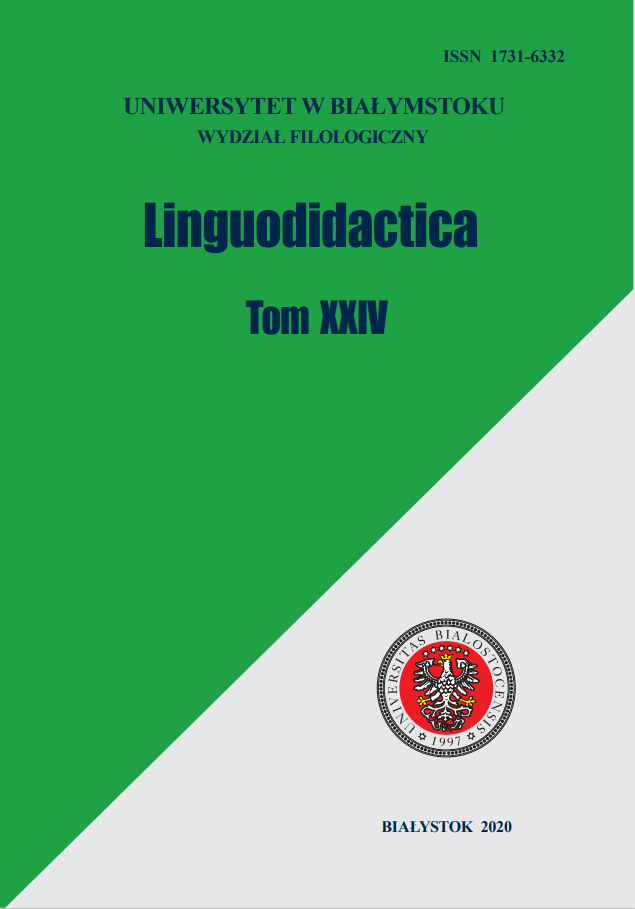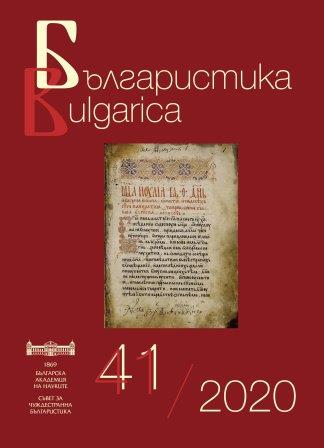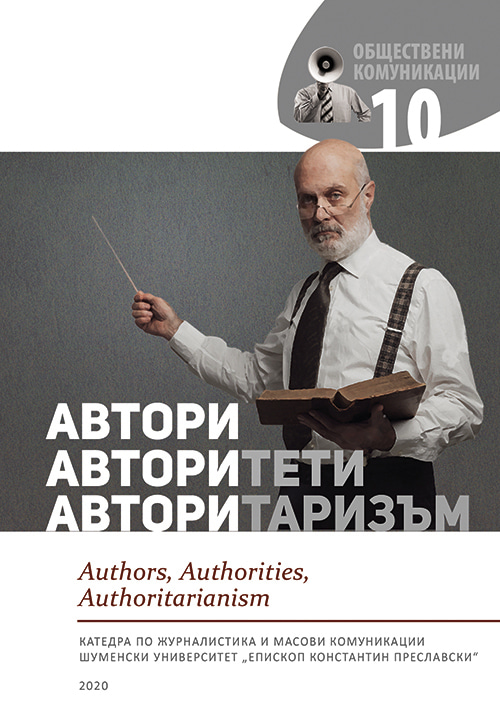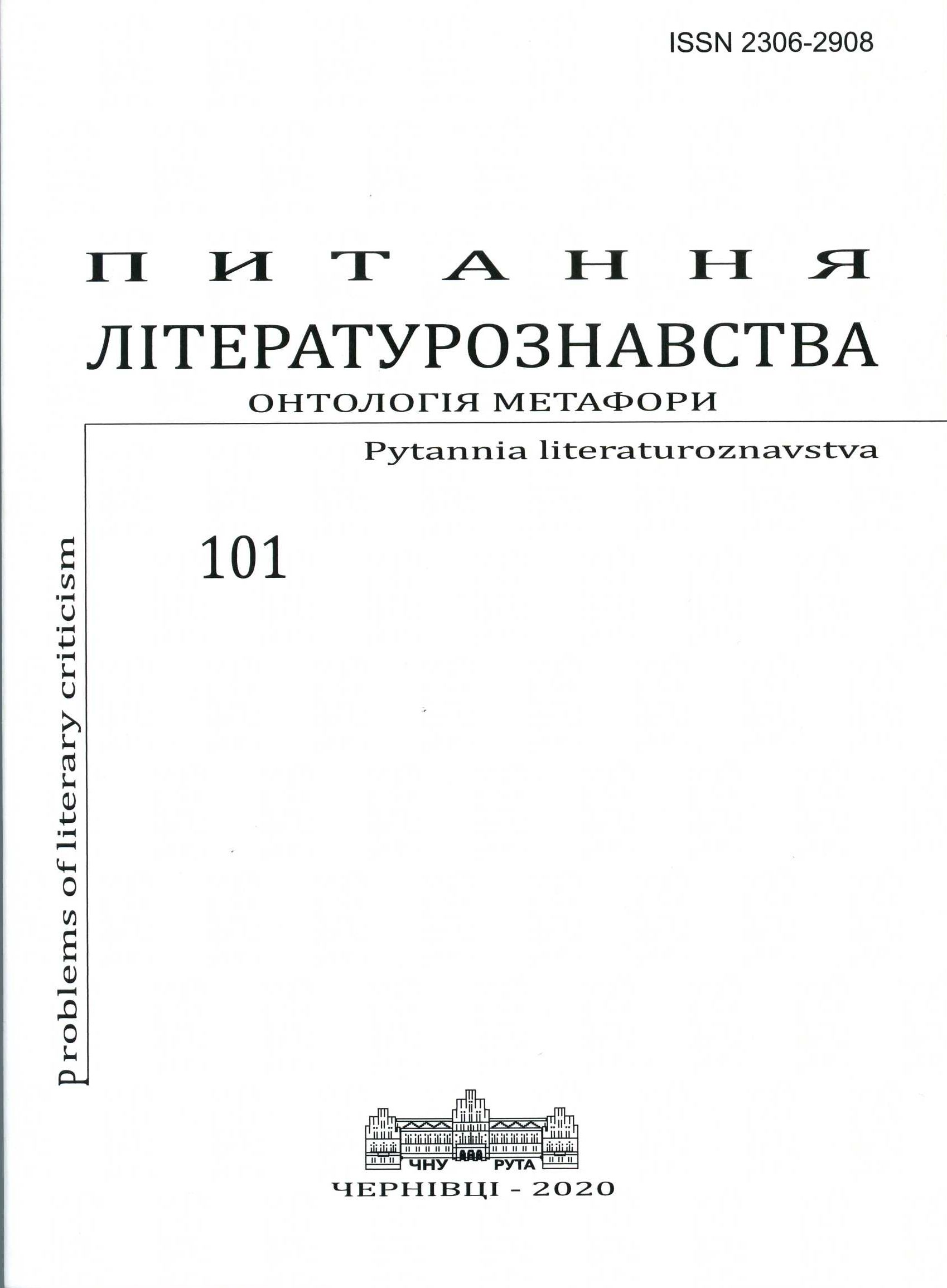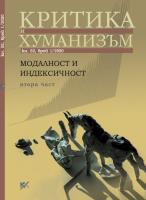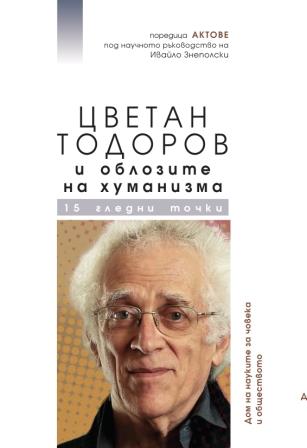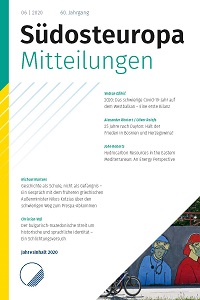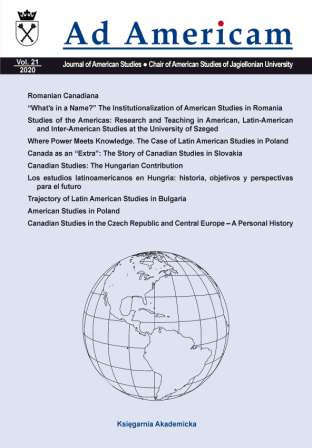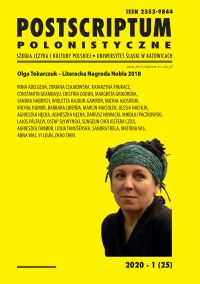
Tłumaczenie tłumaczenia (czyli William Blake w powieści Olgi Tokarczuk)
The paper discusses the connection between Olga Tokarczuk’s novel Drive Your Plow over the Bones of the Dead and the poetry of William Blake. Blake’s ideology was to show how mankind had come to the end because of its misdeeds, using the animal imagery, which links him to the topic presented by Tokarczuk, criticizing the cruelty of the authorities towards animals. She quoted Blake at the beginning of every chapter and created a character skilled in translating Blake. Since not much of Blake’s oeuvre has been translated in Macedonian, the translator of this novel had to deal with translating Blake too. Consequently, this text also focuses on the translation problems which she had to solve.
More...
